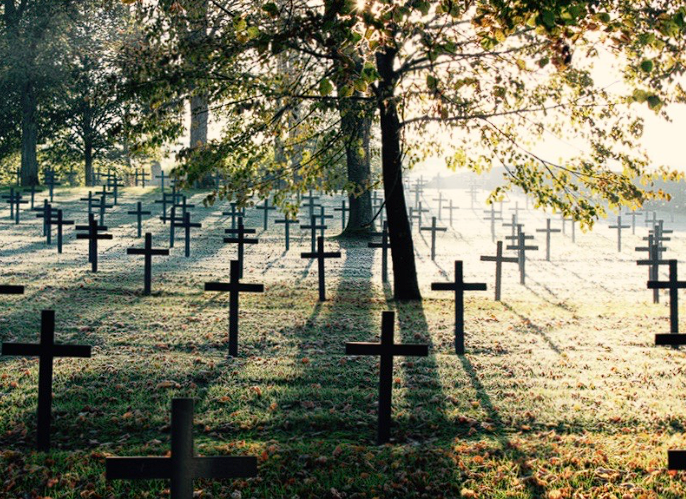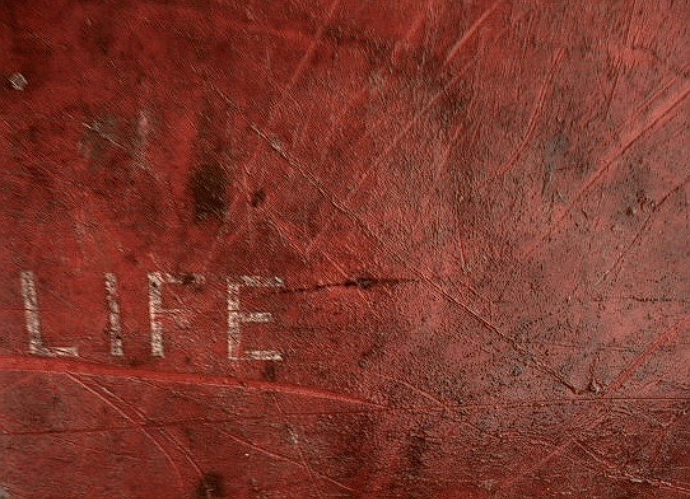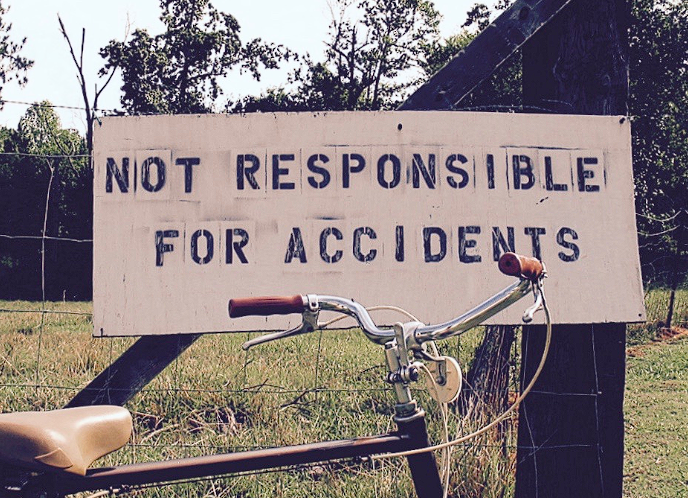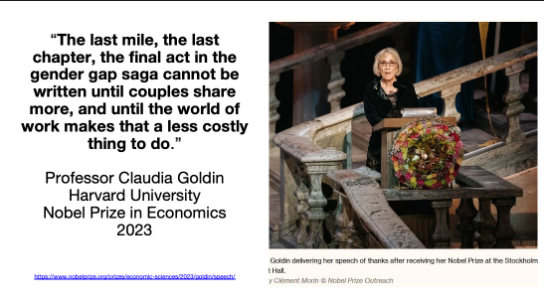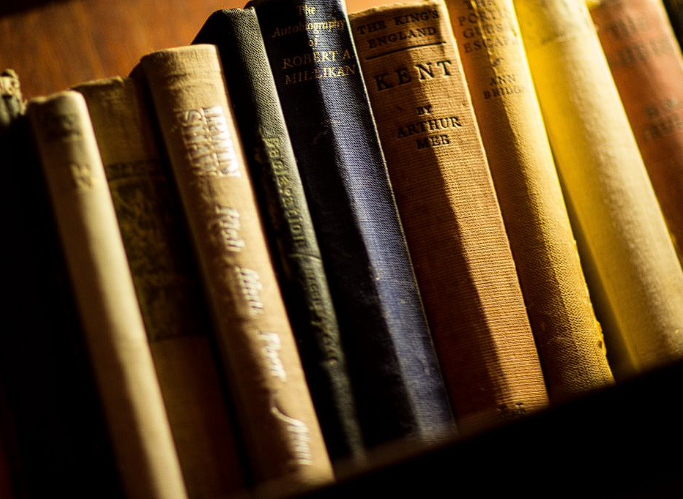Last week I visited Verdun, a town in France about a ninety-minute car ride from where I grew up in Luxembourg. It was my first time in Verdun, a charming town with a vibrant center, lots of those boulangeries that I love in France, and a promenade along its river, the Meuse. I came across a delightful restaurant, too, Romeo e Guilietta; a Verdunois assured me it is the best place to eat in town.
Verdun experienced one of the major, and bloodiest, battles of Wold War I. Between February and December 1916, the German and French armies faced each other off in a series of agonizing clashes. During those ten months, around 500,000 people died. This represents roughly the entire population of Luxembourg. Brothers, fathers, sons, friends never returned home. The muddy, infested trenches of Verdun ate them up.
Western Europe has not known a major war since 1945, a period of more 70 years that stretches like a long peaceful respite against the backdrop of the war-infested history of the area. Depending on whom you ask, the definition of Western Europe varies; its generally considered to include the expanse that stretches from Ireland and the UK across the Channel to France, Belgium, the Netherlands, Luxembourg, Germany, and, further south, embraces Italy, Monaco, Spain, and Portugal. The European Union is much larger and extends well beyond its origins that started with just six of these Western European countries; after expanding east and north, the European Union includes nowadays, and until the Brexit is finalized, 28 countries.
The European Union was built on the determination to never again experience bloodshed like that which killed millions in World War I and World War II. A union built on the premise that if its citizens were to become dependent on each other, they would not kill each other. A union envisioned as a harbinger of peace. A union determined to bring out in its citizens something better than the hatred of its next-country neighbor. A union meant to say that even though we are different, we are all Europeans.
Robert Schuman, one of Europe’s founding citizens, would turn in his tomb if he were to witness the stories nowadays being told about Europe, all through Europe. The European Union is the source of all evil, the reason why governments are unable to keep their promises, why people have no jobs, why they are not well paid, why there are refugees barging through Europe’s doors. Pick a plight, choose a problem, select a crisis, and you’ll find someone blaming the Europe Union for it. Just listen those chanting the glories of Brexit in the UK, hear out Marine le Pen in France, or Alternative fuer Deutschland in Germany. The list of European Union haters is long.
The European Union, conveniently for those who heap all these ills on it, cannot speak up and defend itself. It does not have a body, nor a mouth. Instead, it is a story, a dream, an ambition, with a structure of rules and treaties holding it together. A tale that is taking the heat from all sides.
If it could speak up, the European Union would point to the obvious: we are all very much alive to be able to spread the blame. We have not faced death on a muddy battlefield. We have not seen our loved ones killed in a war. We are here to point the finger and spread the blame.
Alive. A point that is forgotten, a privilege that 70 years of peace have made moot. 70 years, a span that holds nearly three generations; grandparents, parents and children who had – and have – the chance to witness a long peaceful respite. A time without war.
And isn’t that the point of the European Union?
Photo adapted from nishan nguyen.

